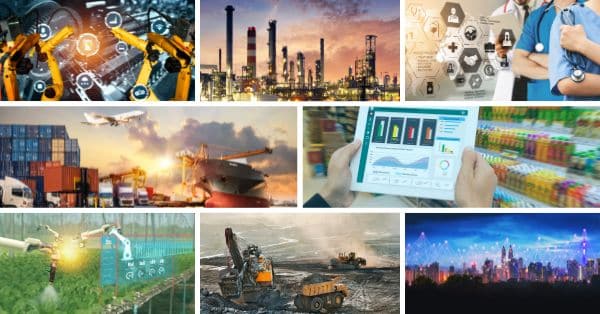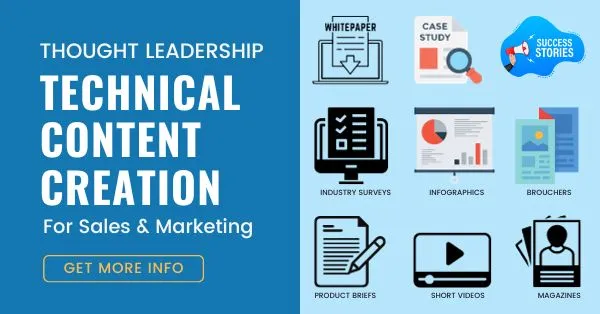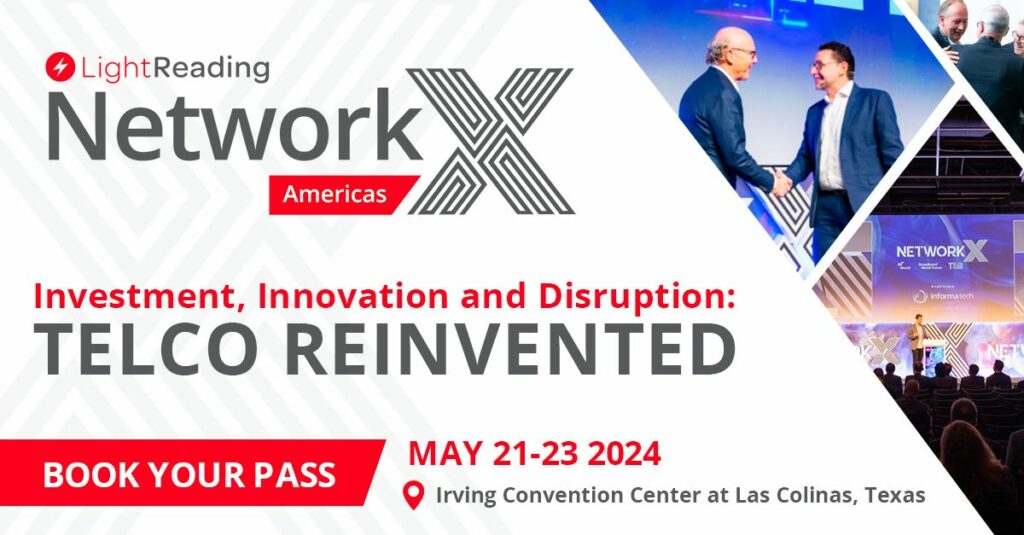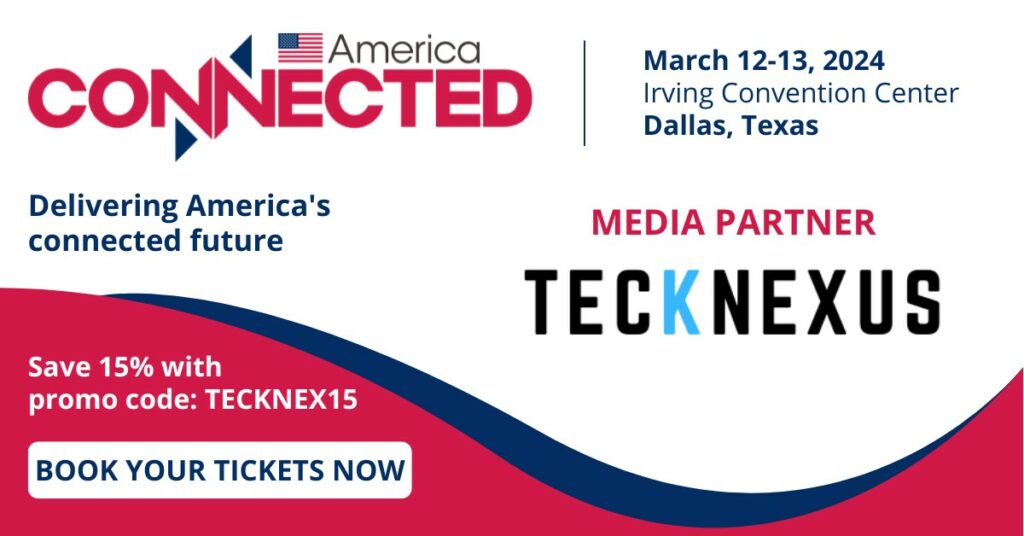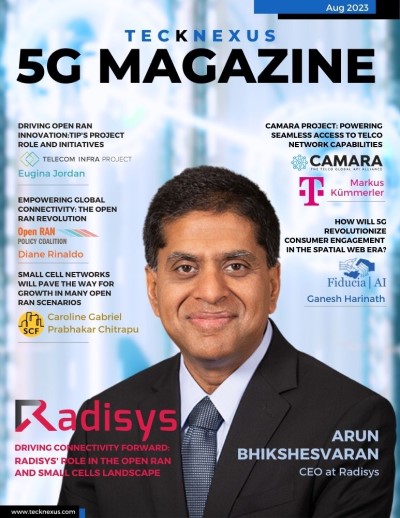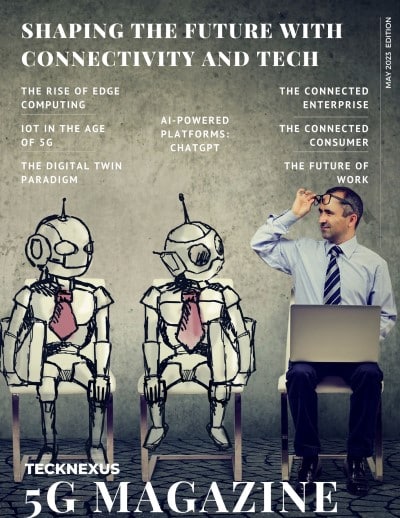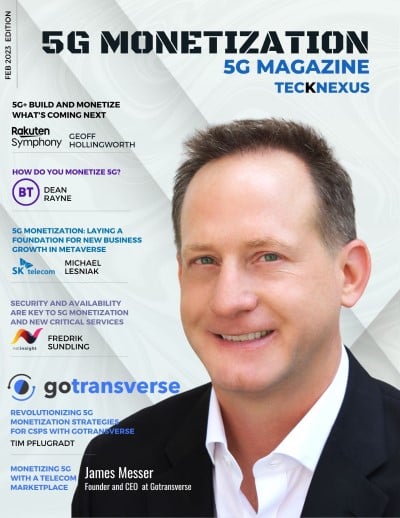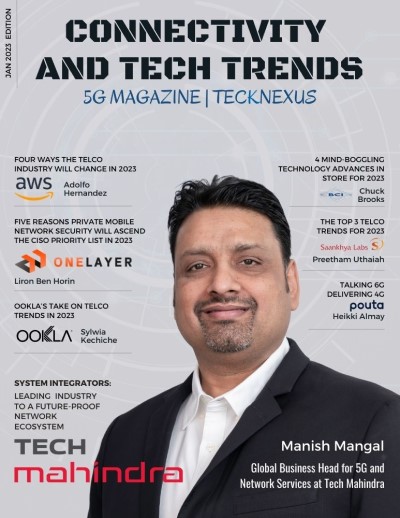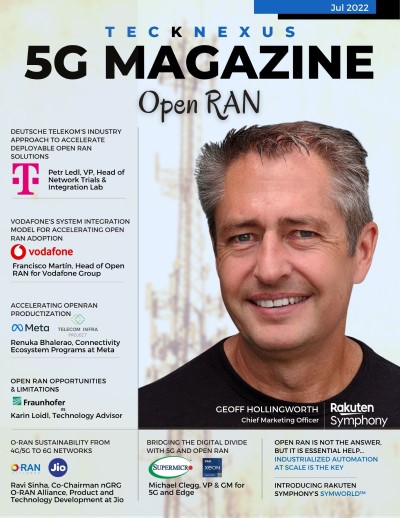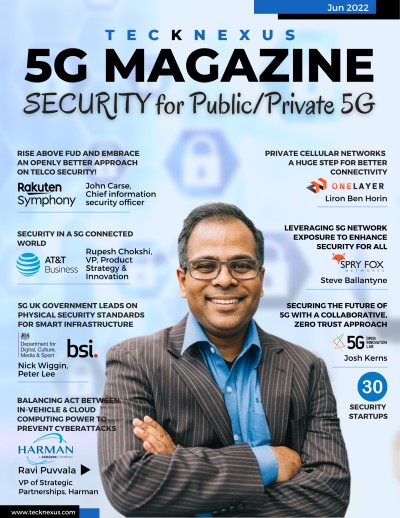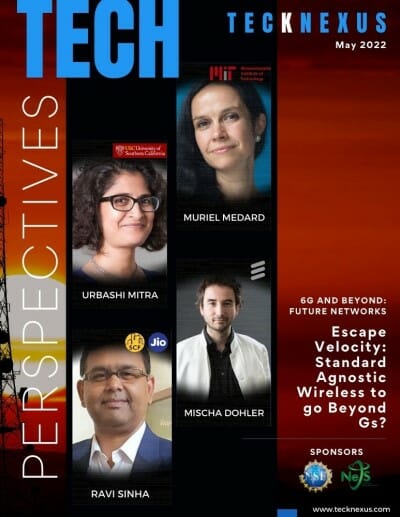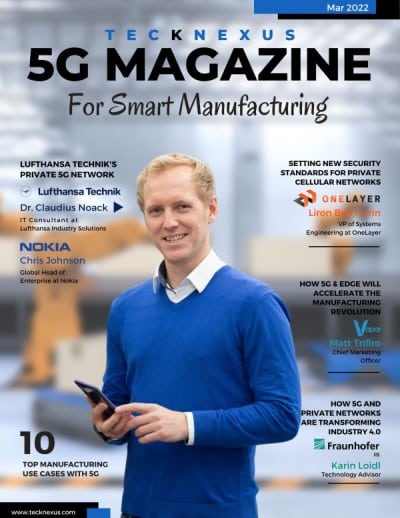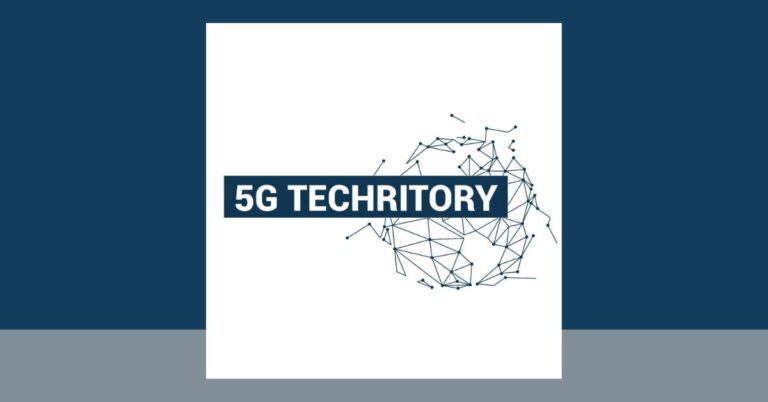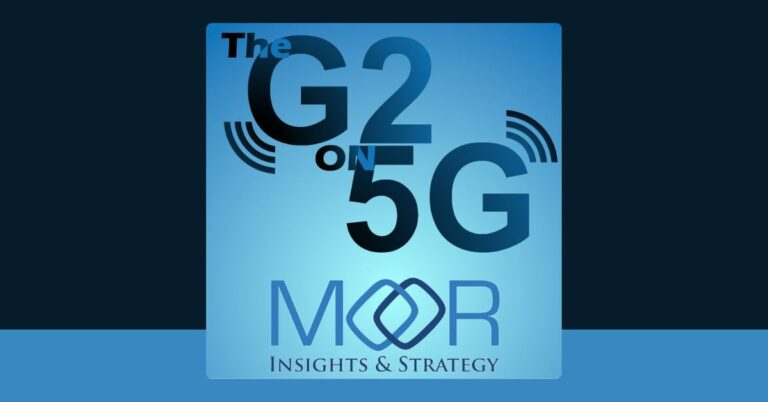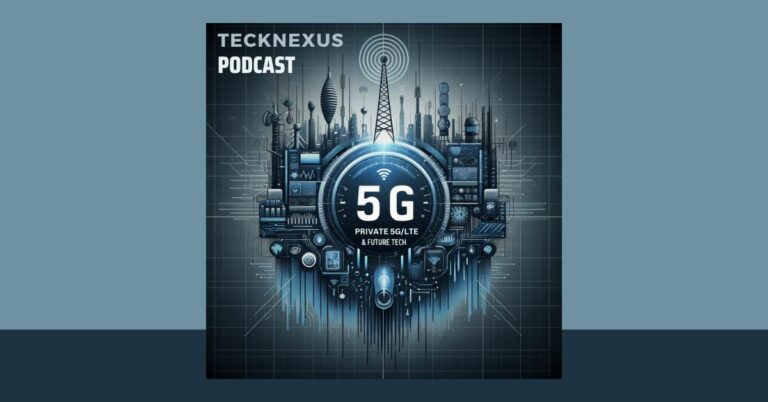Small Cells World Summit takes place this month with strong focus on generating value and the sustainability of networks
Registrations are open for SCWS 2023, taking place in London on 23 – 24 May
London, UK, 10 May 2023: SCF (Small Cell Forum) has announced the full agenda, key themes, and speakers for Small Cells World Summit 2023, taking place in London on 23 – 24 May.
The event, organized and run by SCF, is open to the whole industry and is held in Hammersmith over two days, with a packed agenda, plus invite-only roundtables and an exhibitor area.
The conference’s headline theme is ‘Unlocking network value – infrastructure for sustainable digital transformation’, tackling head-on the challenges and opportunities the industry is currently facing, particularly around how to generate value from the many emerging 5G use cases. At the same time, the conference will explore and debate sustainability in its broadest sense – how industry and policymakers can work together to deliver sustainable connectivity while avoiding the unintended consequences of fragmented regulation.
“There hasn’t been a more important time to shape strategies that unlock network value for the entire ecosystem,” said Simon Fletcher, SCF’s Chief Strategy Officer. “Business models are evolving, the number and types of players are changing, and there is often a mismatch between the regional ambitions of policymakers and service provider business models. SCWS has always been a place of collaboration and is the natural place for the industry, enterprise, and policy makers to come together to find ways to ensure everyone in the eco-system can thrive.”
The conference is built around five key sessions:
- Generating value on the roadmap to 2030
- Sharing models for digital transformation of enterprise and cities
- IT platforms for scalable models for private networks
- Architectures, splits and options
- The role of hybrid solutions for delivering a sustainable model
- Real-world priorities for digital
The speaker program includes talks from a range of sectors, including Manchester Airport, Argent Property Services, and the Tees Valley Combined Authority. There will also be a closed roundtable event for MNOs, neutral hosts, and regulators hosted by the JOTS forum (the UK’s Joint Operator Technical Specifications). And a special end-of-conference panel session led by UK TIN and joined by 5G Americas on ‘Aligning national digital policy with industry business models.’
Mark Reudink, Chair of SCF, said: “SCWS has established itself as a leading and global industry event, the only one of its kind dedicated to the entire small cells eco-system, and committed to bringing together the voices of the operator, alternative deployers, and vendors in one space. “This agenda has been carefully curated by SCF to tackle the most pressing issues in our industry today. SCF’s view is not to advocate one type of business model or one type of technology but to give businesses and the industry the options it needs to deliver sustainable networks. I am really looking forward to the event, which will also a fantastic opportunity for people to network and meet face-to-face.”
To register for SCWS, visit https://smallcells.world/registration/, SCF members can access a discount code on the Members site, and MNOs can apply for a free pass by emailing worldsummit@smallcellforum.org
For press enquiries, contact Claire Marshall, Small Cell Forum
Claire@smallcellforum.org / +44 (0)7771652363



